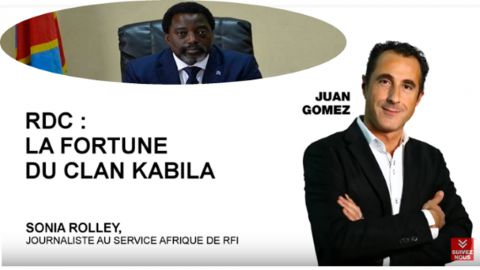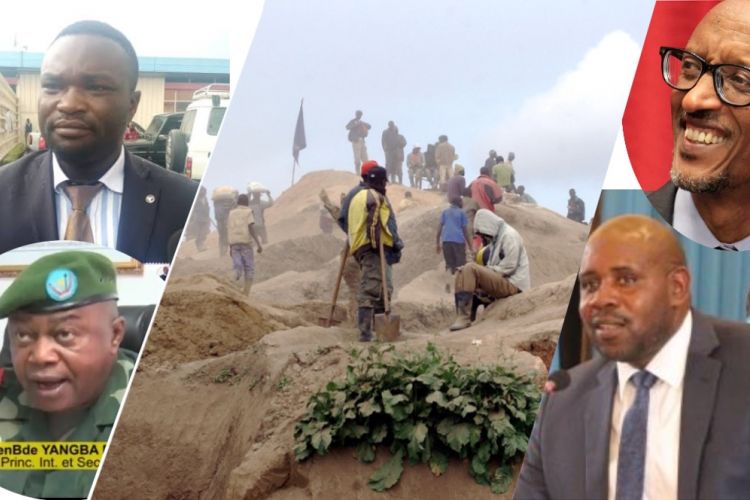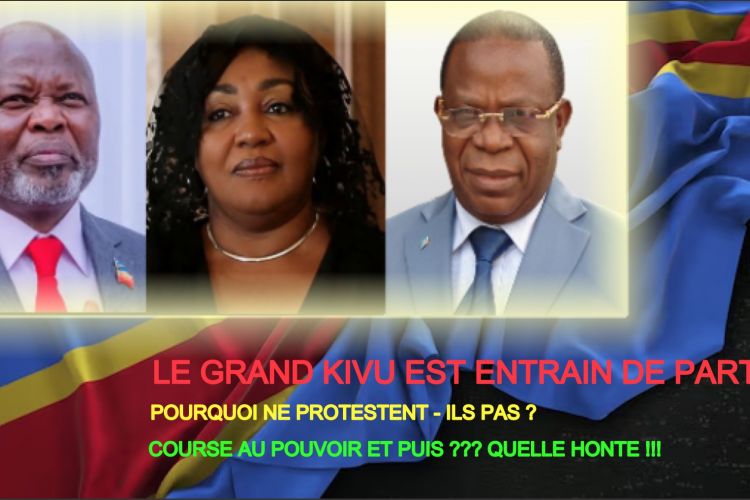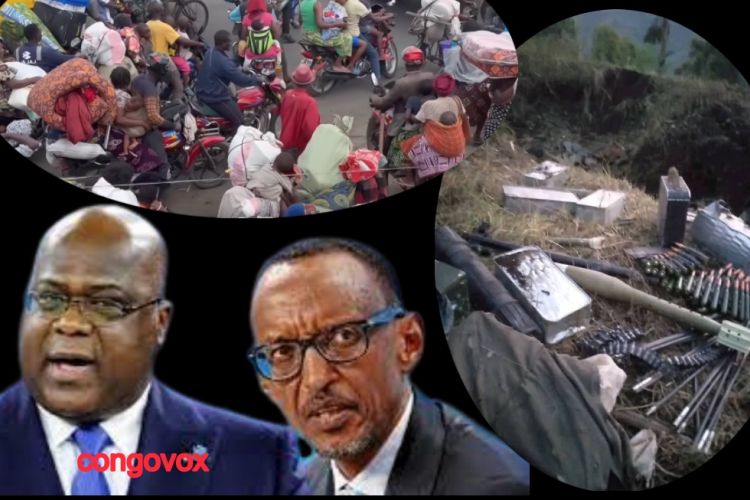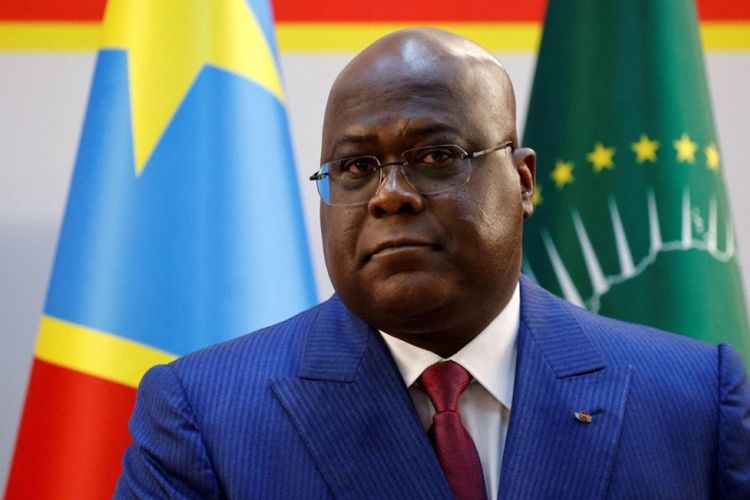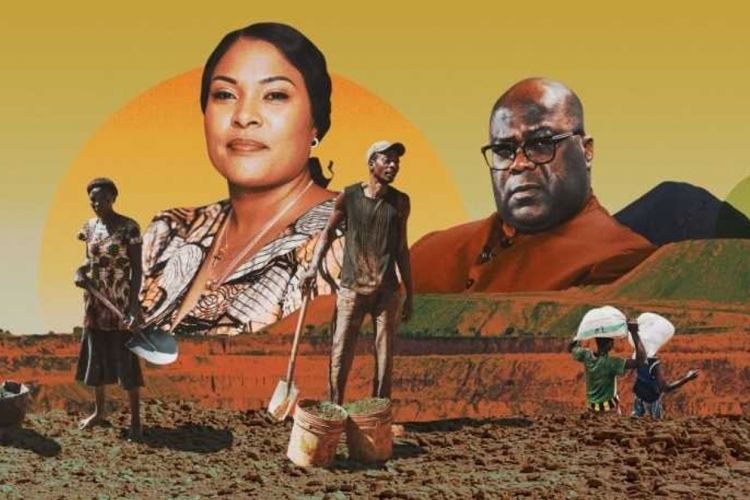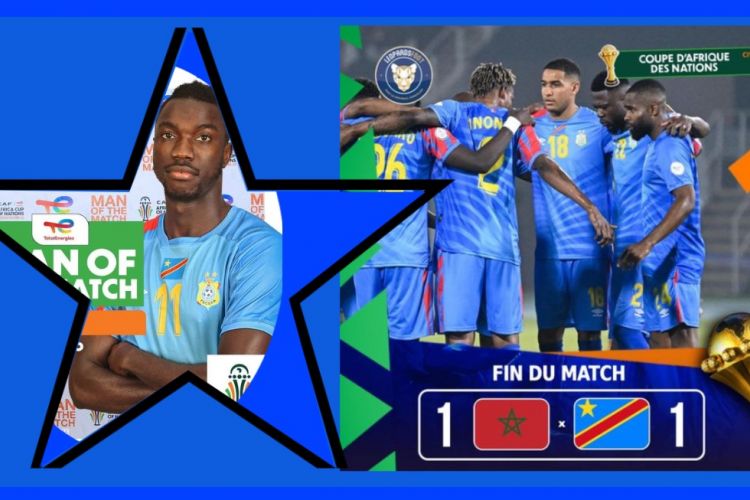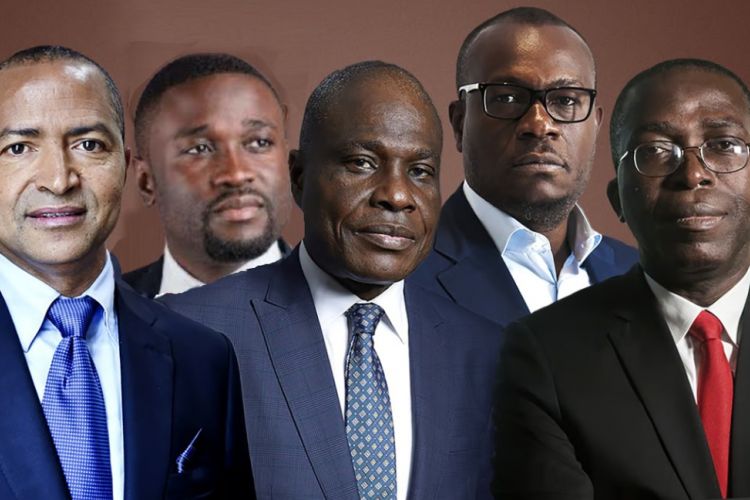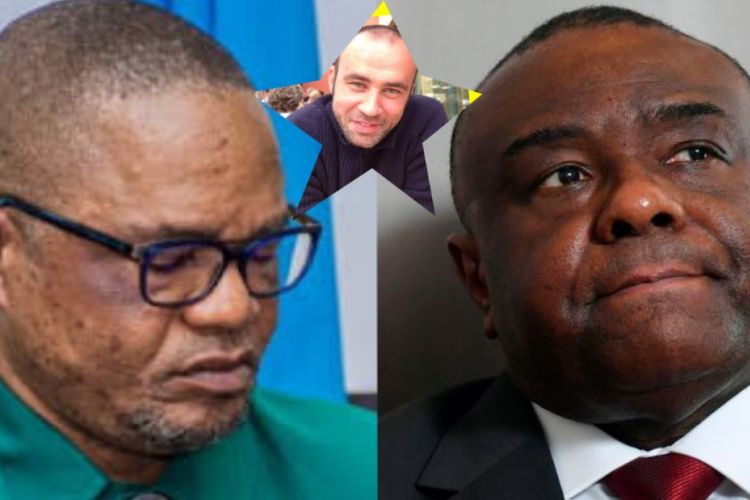Investigators answer to the Washington Times about Kabila's family financial empire
JUAN GOMEZ: Thank you for being with us Sonia Rolley. You have deep dived precisely in this investigation realized by the Bloomberg economic news agency. What do we already know about Zoe Kabila's fortune?
SONIA ROLLEY: (…inaudible) what we know is that he owns shares or he even controls effective shares of at least 12 companies. That’s the first idea; it was a build-up which took time. For example Number One constructing which has been particularly flourishing in construction business.
He owns roughly 50 percent to 60 percent shares of this company and this company controlled 11 percent of the construction market for four years, between 2004 and 2008. So it's tens of millions of dollars of revenue each year, 14 million USD per year to be exact. And that's one company. We know Cosha Investment which has built a luxury hotel on the coast for example, is known to own shares of many other companies. Especially airlines, fast food chains...
SONIA ROLLEY: Nando, exactly is one of which they own shares. We have seen developed all that. Sometimes he takes control with his family members. Children for example of the president, find themselves in business relationships with his brothers and sisters. That's common. And so all this is intertwined, and today in fact, he does not hide from that fortune. This luxury hotel was inaugurated with great pomp by his brother last year. There were ministers who attended the inauguration. It has been recognized as a major investment in terms of development and tourism. This is a luxury hotel that most Congolese cannot afford.
JUAN GOMEZ: So you have been quoting Number One Constructing for a moment. This company is interesting because the name of Zoe Kabila does not necessarily and systematically appear at all in this case. Sometimes he uses a pseudonym, that of his father.
SONIA ROLLEY: Yes, and these are identities they used during the war and which they may have used on their identity paper at one time. It's Zoe Francis Mtwale, so obviously, he does not really hide when he uses that name. Everyone knows that it was the pseudonym of his father. And that's what's really interesting. He really does not hide. In fact simply as he is a member of the parliament, he can have business activities. And this is clearly explained.
JUAN GOMEZ: Bloomberg, which is the source of this study, published another report with the Congo Study Group, which is a research group based in the United States. And that report really comprises the wealth of the entire clan, the entire Kabila clan, the entire Kabila family.
SONIA ROLLEY: The report includes a dozen personalities. There is even an absolutely gigantic diagram. We see the family members and the shares they own in the other companies, with ties that bind all these companies. Some 80 companies, with dozens of personalities: Brothers, sisters, children of the president, wife of the president. Everyone is in that business.
JUAN GOMEZ: [you mean] the children of the president, who are still minors.
SONIA ROLLEY: They keep the business in the family. It is very clear and we can see, for example, that the Kabila clan possess a land ten times the island of Manhattan, for example, as a land property owner in the Congo. Or one level of mining contracts are linked to [other] mining contracts on the border with Angola, a stretch of 720 kilometers (447 miles) in Kasai, of mining concessions that most times is not exploited and it is setup as a contract of “force majeure”. That is, it is a kind of safe. He does not have to exploit it. He does not pay any tax either, but they own it, in terms of concession until they decide not to have it again.
JUAN GOMEZ: Where does all this money come from?
SONIA ROLLEY: So that's the most complicated question. We know that there were two wars in Congo. We know that during the wars in the Congo, the rebellions in which the family of the president: Laurent Désiré Kabila and Joseph Kabila took part, they controlled territories in the Congo on which there were cases that were some deals were made. We were at war, there were no rules yet. One can trace the beginning of the fortune of Kabila from 2002 with the mining code for example. From the moment a group, like the group of experts that was involved in resource development, began to make reports, then we can start to have some interesting documents. But most importantly, it is known that the president's own mother said in 2006 that she finally only had a small plot of land in Tanzania. What before the war was rather a rather poor family in Tanzania who lived under the protection of the Tanzanian regime and began to get rich from the moment this rebellion began? That's what we know.
It is true that the origin of fortune is the whole question posed by this report. That is where this fortune comes from. How can they accumulated fortune like that ... [inaudible].
JUAN GOMEZ: Jean Faustin asked Sonia Rolley quickly because we have questions on other subjects. How did the news agency and the Congo Study Group succeeded in obtaining all the documents necessary for writing such a report?
SONIA ROLLEY: This is where we see that a big part of the work was not completed in the Congo. Everything is public, it's the official journal, the trade register, it's the website where we can find all the mining concessions, because there have been efforts like that. But they made “One plus One equal Two: 1+ 1 = 2”. They did the mapping of the family's properties, but nothing was hidden. There is not much that has not been answered by the family itself. Everything is finally written in black and white.
JUAN GOMEZ: Great compilation work even thought all [sources] were public. It sufficed to take a look in the official journal in this case.

